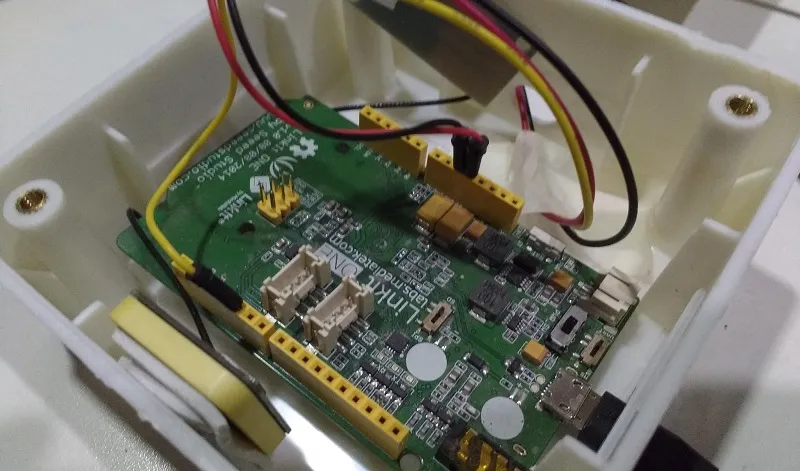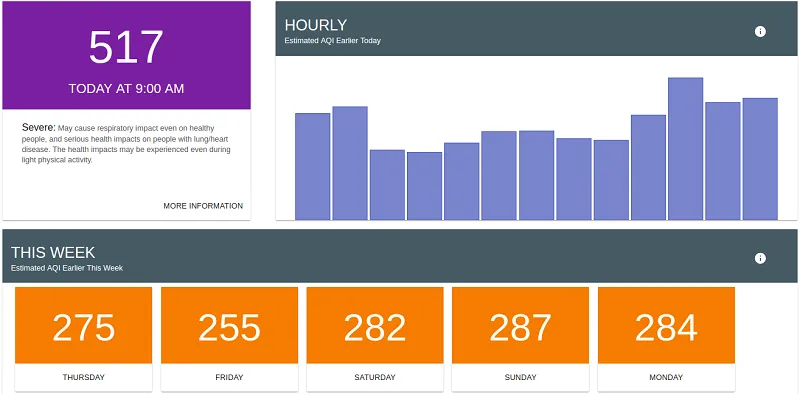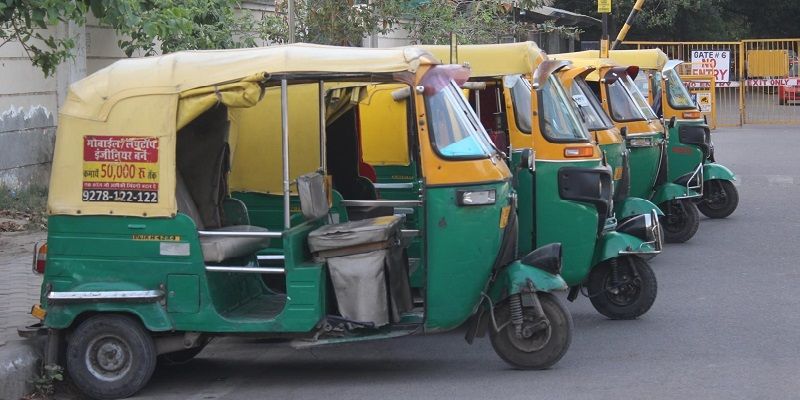How 5 auto-rickshaws are tracking Delhi’s air pollution every day
Delhi government’s odd-even rule, meant to reduce emission and pollution, has been the talk of the nation lately. While the second phase of the odd-even traffic rule ended on April 30 and a comprehensive data of the pollution will be released on May 9, states such as Haryana and Maharashtra are already planning to implement the rule. Whether the odd-even rule will work is something that only time will tell. The prime concern today is that India’s capital has been declared the most polluted city in the world. World Health Organization’s 2014 study comparing 1,600 cities from 91 countries affirms this –
Despite the frightening scenario, the Delhi Pollution Control (DPCC) has only six fixed pollution monitoring stations that cater to an estimated population of 18.5 million people. According to Prukalpa Sankar, Founder of SocialCops,
There are multiple areas of concerns – firstly, the number of stations aren’t enough. Secondly, given that these are fixed stations, they sample the same location over and over. And finally, each station costs an estimated Rs 1.1 crore, which makes it expensive to install more stations.
Prukalpa’s SocialCops, a Delhi-based data intelligence company, is attempting to address this issue and shift the way data is collected in the city. By creating an innovative low-cost, GPS-enabled IOT device that can measure airborne particles, SocialCops is attempting to understand air pollution data at a greater mobility and more reduced cost.

Five such IOT devices costing just Rs 6,500 each have been deployed in five auto rickshaws of South Delhi. According to the team, given the fact that autos are open vehicles with increased and consistent airflow, they serve as a perfect environment for measuring air pollution. Each device can measure the number of airborne particles by reading the ambient air opaqueness. And with just five devices, the organisation is managing to collect over 15, 000 unique air pollution data points every day, which are further utilised to calculate the overall Air Quality Index (AQI) that is based on the National Air Quality Index of India standards.

However, there are some drawbacks. The DPCC’s pollution monitoring stations take in to account gases such as ammonia, mercury, ozone, PM2.5, PM10, air pressure, air temperature, humidity, wind direction, and speed, whereas SocialCops IOT device can only monitor PM10 levels, the data of which is transmitted to SocialCops’ data platform every 30 seconds. Prukalpa says,
We are definitely losing out on the overall picture. Our experiment is trying to understand two things – firstly, can measuring one thing act as a proxy to understanding the indicators of the other variants? And secondly, are moving sensors better than the fixed ones.
The month-long experiment will end by mid-April. The idea is to understand the air pollution levels two weeks during and two weeks after odd-even phase two. Post the analysis, SocialCops will determine if the initiative can be deployed on a greater scale – having at least 100 sensors across Delhi, allowing the organisation to calculate daily average pollution levels from over 2,50,000 individual readings. Prukalpa says,
We are looking at integrating the other sensors as well and are exploring the costs/options. However, as a first step, we need to asses to what extent data from moving sensors can help the situation better.
While it’s interesting to see how government and private sector players are trying to assess and reduce the capital’s air pollution levels, whether the initiatives will actually work and set a benchmark is only a matter of time. But, do we have time?
Read More:
Startups make a beeline to assist Delhi in its battle against pollution
To tackle air pollution, Supreme Court bans diesel cabs in Delhi NCR from May 1
Delhi’s odd-even phase II – all you need to know about your travel options











